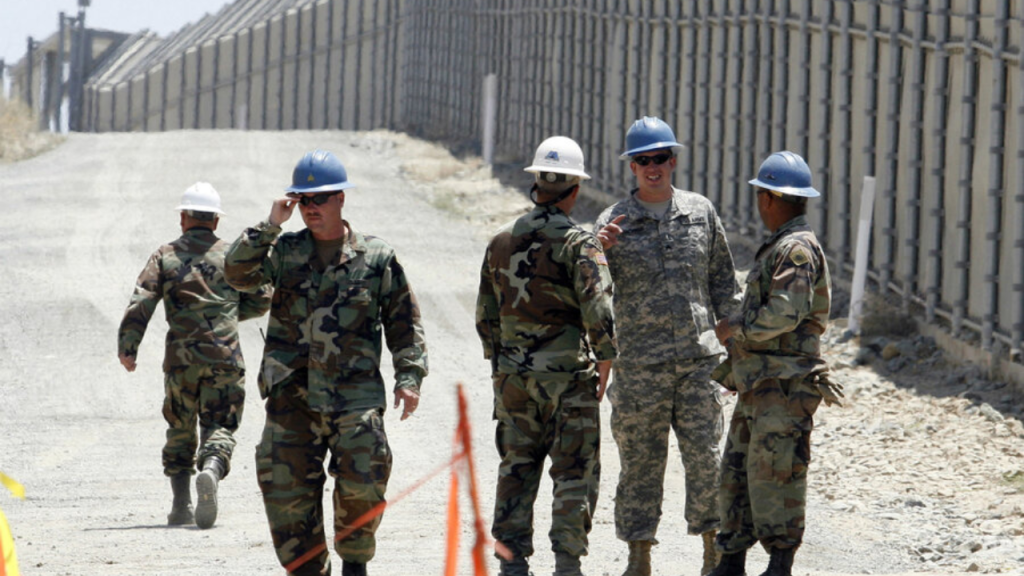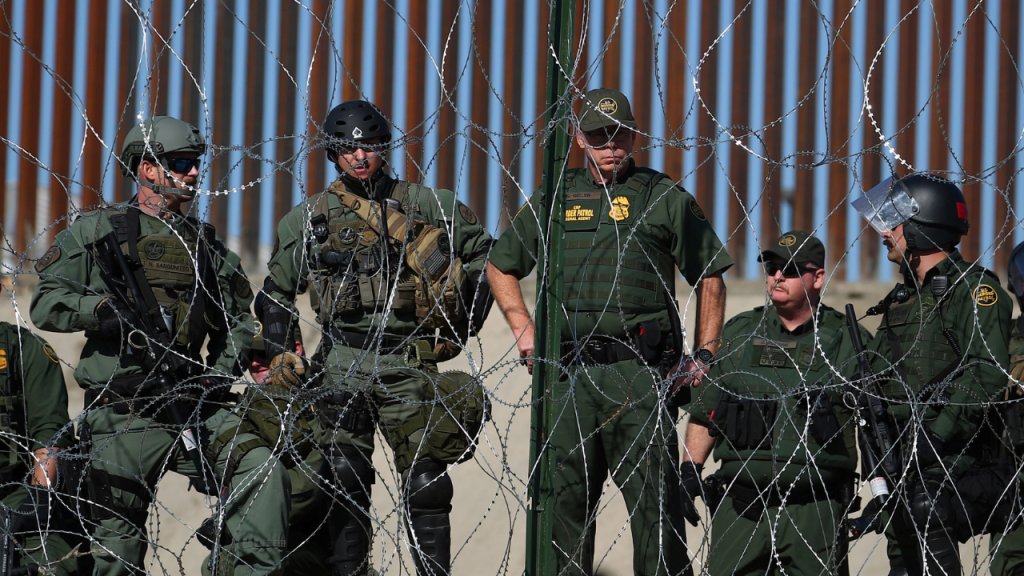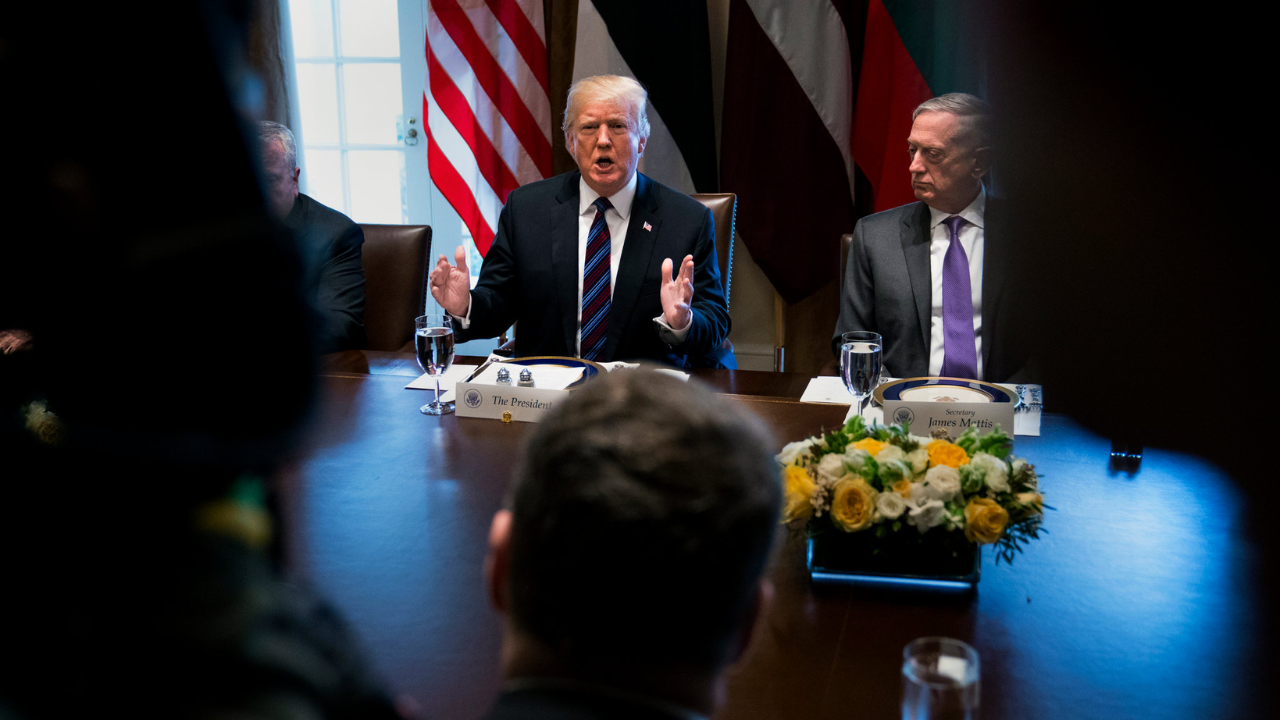Pocatello News Post –On a Thursday that seemed like any other in American politics, former U.S. President Donald J. Trump made a powerful plea that reverberated far beyond the borders of Texas. In a statement that carried both weight and controversy, Trump called upon all willing states to send their National Guard troops to the Texas border.
This call to action comes as a response to what Trump describes as an “unprecedented level of illegal immigration at the southern border” under the current Biden administration. It’s a move that has ignited passionate debates and raised important questions about the role of states in border security, the use of the National Guard, and the broader implications for the nation.
To understand the gravity of Trump’s plea, it’s essential to grasp the situation at the southern border, which he has painted as a national security, public health, and public safety “catastrophe.” According to Trump, the state of Texas has “rightly invoked the Invasion Clause of the Constitution,” a move that is sure to stir controversy and debate among legal scholars and policymakers alike.
The invocation of this clause underscores the seriousness of the issue, as it allows a state to request federal assistance in the event of an invasion or imminent danger. The Biden administration’s handling of immigration policies has faced intense scrutiny and criticism, with opponents arguing that its approach has led to a surge in illegal crossings and a growing number of asylum seekers at the southern border.

The situation has become a hot-button issue, with public opinion largely divided along partisan lines. Advocates for more compassionate immigration policies argue that the current administration is merely responding to the humanitarian crises in Central America, which have been exacerbated by climate change, poverty, and violence.
However, critics contend that lax border security policies have emboldened human traffickers and criminal organizations, creating a complex and multifaceted problem. The call for states to deploy their National Guard troops to address border security is a significant and unprecedented move. Historically, the National Guard has played a crucial role in managing crises across the United States, from disaster relief to peacekeeping during civil unrest.
However, deploying the National Guard for border security is not without precedent. In 2010, President Barack Obama deployed 1,200 National Guard troops to the U.S.-Mexico border to assist with border patrol efforts. This action underscores the idea that border security is a shared responsibility, and states can play a pivotal role in addressing the challenges at the border.
The call for National Guard deployment raises important questions about the balance between federal and state authority, the potential militarization of border enforcement, and the role of the National Guard in immigration matters. It also highlights the need for a comprehensive and bipartisan approach to immigration reform, as relying solely on military intervention may not address the underlying issues that drive immigration to the United States.

Read More News: Report: Elon Musk’s Neuralink Brain Implant Startup Violated US Hazardous Material Transport Rules!
Avian Flu Has Destroyed Chicken Farms and Egg Sector in Petaluma, California!
As the debate over immigration policies and border security continues, one thing remains clear: the situation at the southern border urgently concerns every American. Regardless of political affiliations, it is crucial for the nation to come together and find a sustainable solution to this ongoing crisis.
The call for National Guard deployment, while contentious, underscores the need for a robust and comprehensive approach to border security that takes into account both the humanitarian aspects of immigration and the imperative of maintaining national security. The decisions made in the coming months will shape the future of immigration policy in the United States and have far-reaching implications for the nation as a whole.

